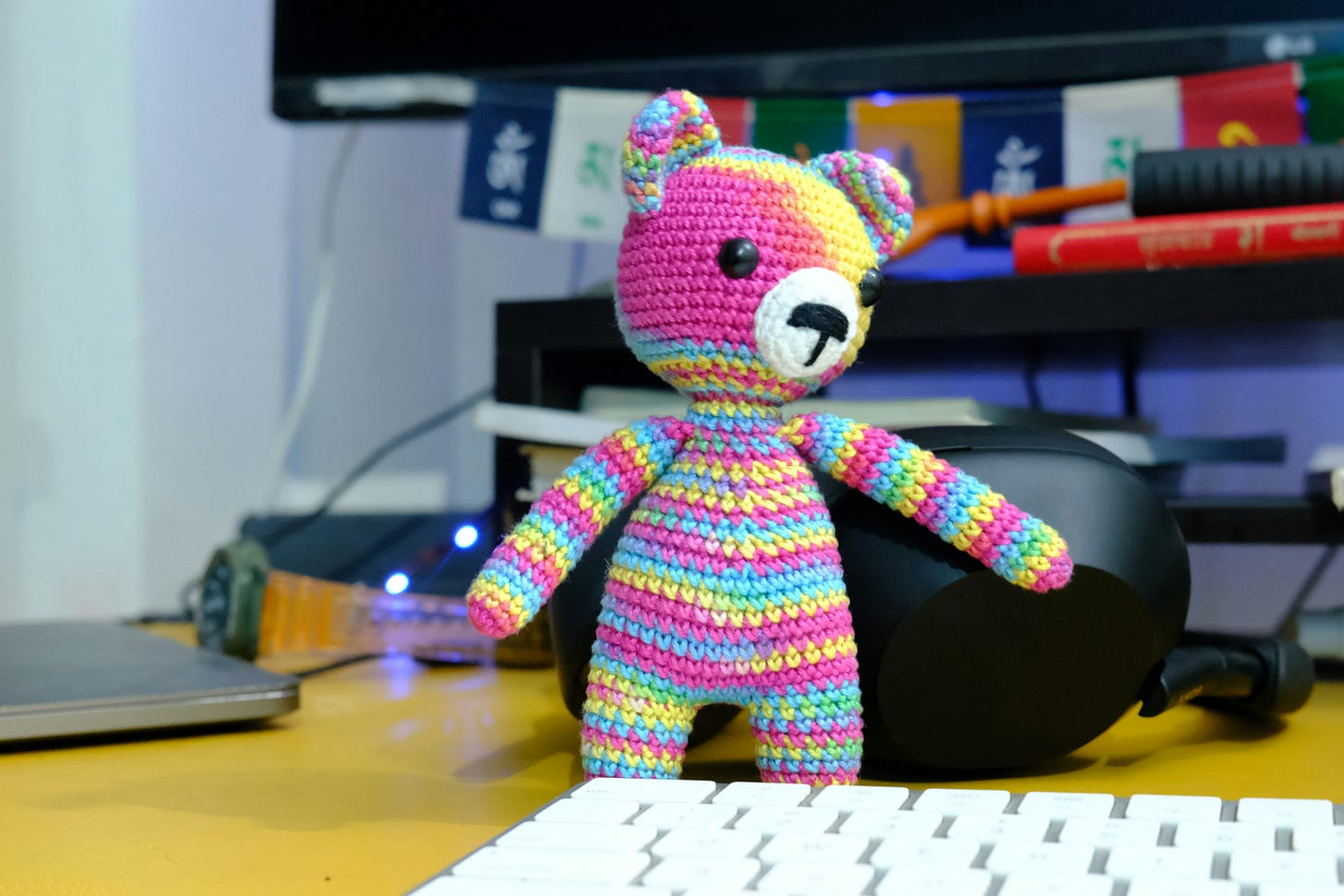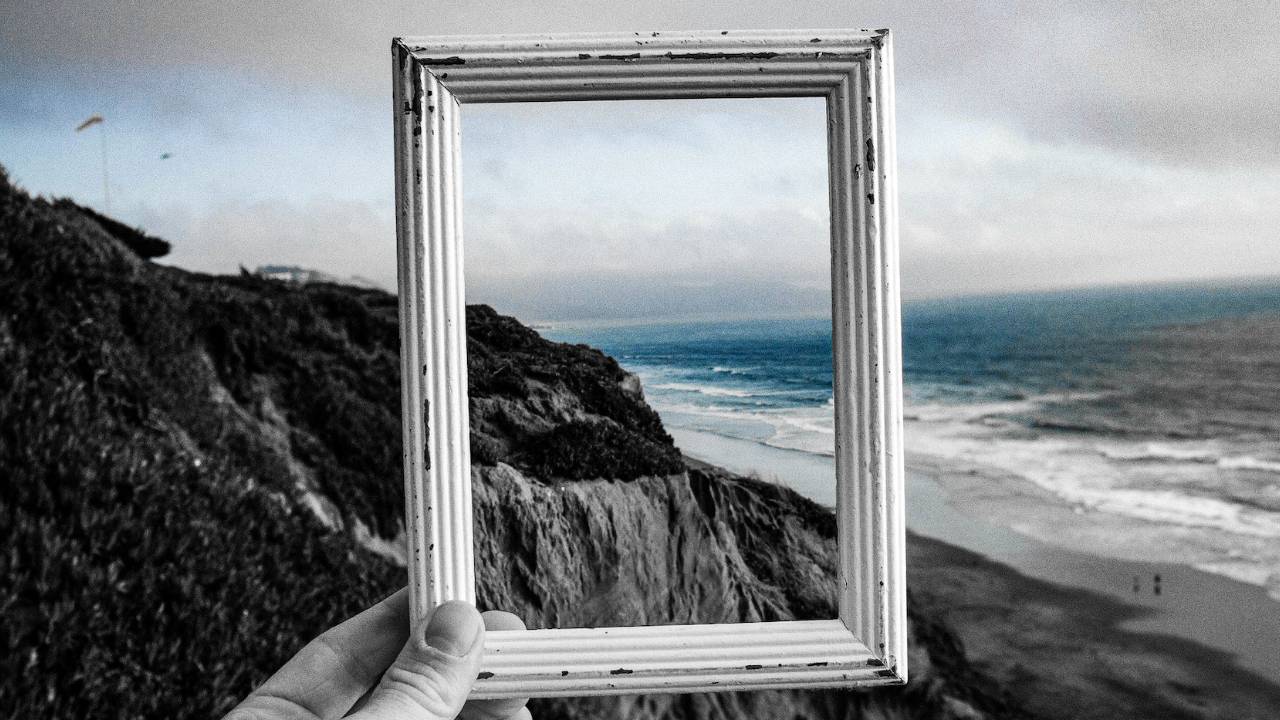Writing Without an Audience in Mind
Publishing platforms are not created to improve your writing

Social media and content platforms create a problem for artists they didn’t need to deal with before.
The same place where artists publish their work is also where they go to check for the works’ approval.
It is the natural evolution of the advancement of technology and the many different social media trends we have seen over the past decade.
This new feature can be seen as helpful. It is an opportunity to check in real time if people approve of what we have to say.
These engineers and developers have also figured out a way to hack our attention, so we spend time refreshing our stats to find out if the ever-providing mob will choose us as the next viral sensation.
It might’ve happened to you.
You log into your account, determined to post your writing and get out of there because there is more writing to be done. But you realize many, many hours later that you’ve spaced out looking at your stats. Once you were done with those, you felt deflated, so you started to check your feed to see who else had recently published.
You are distracted by what people are saying or not saying. You are distracted by how many hearts you get and who is getting more than you.
I don’t think these developers and founders are diabolically laughing and rubbing their hands together in a dark garage in Palo Alto.
No, no, no.
They probably created these platforms because they wanted to help writers.
But the unintended consequence of mixing writing and social media is that the platform has inverted the value and has created in all of us the desire to seek approval of our work over working our work.
We see approval of our work, in whichever form it comes, likes, claps, hearts, whistles, as the key and gatekeeper of our success. We have abdicated our responsibility to produce art and work that matters to the little symbols mimicking emotional responses underneath each post.
We have come to believe that if more people like our work, then somehow fame will come, and with fame, money will come.
From there, your mom will stop comparing you to your brother, your dad will call more often, and your spouse will finally do the dishes one night.
We have all bought into the idea that art is about success when art is about art.
We have been in this social media experiment for more than ten years, and we keep on learning new information.
More and more documentaries are coming out not only on the negative harms of feed comparison but also showing that engagement numbers tend to be inflated by start-ups looking to secure funding and astronomic valuations. Many marketing analysts have written articles arguing that social media spend doesn’t scale and that it only keeps making the heads of these ultra-wealthy ad agencies rich.
But we still place so much value as writers on engagement.
We keep checking our stats as if we were analysts. But we are not analysts; we are artists; what occupies our minds should be thoughts of how we make more art or how we make better art.
That’s it.
Thinking about whether others like our work or anticipating if they are going to like it doesn’t add anything to our body of work.
You might’ve seen many articles where writers wonder in public if it’s even worth it to keep on writing if they are not getting paid.
That’s an important question to ask and one that those writers should answer immediately.
If all of these platforms went away, would you still write?
If your answer is no, then writing might not be your art form. You owe it to yourself to find the thing that you would do whether an audience is there for you or not.
If all writing platforms went away tomorrow, and even if I knew beyond the shadow of a doubt that I would never get recognition in my life, I would still show up to my computer every morning at five in the morning like I’ve done for more than a decade now.
As the saying goes, I cannot not write.
I’m also not hanging my writing passion on more of what people want to see from me. I write about what’s burning a hole in my throat that needs saying right away. Everything else with less fire needs to wait in line on the queue of ideas I’m going to get to.
My jazz appreciation teacher in college loved to tell the story of how Miles Davis hated revisiting past music. He never did it. He never took requests on any of his big hits. He just kept pushing forward. That was what he was all about until July 1991, when he performed several of his old songs at the Montreux Jazz Festival in Switzerland. He died less than three months after that.
My teacher wasn’t saying that revisiting his old songs killed Miles Davis. He died of health complications. But he was saying that it was a freaky coincidence.
If you are constantly catering to what others want you to say because it performs better, then you’re missing the fact that writing is there as an art form to help us understand our trauma, to help us heal, to help us make sense of this world and, hopefully, to inspire others on their journey through this life.
An even more problematic implication of catering to the algorithm is that you are bending to what a certain publishing platform wants you to write about, virtually bypassing the need to hire you as a copywriter and having a little army of free (or close to free) writers who are writing what they want to see.
Think of where you want to spend your time and attention.
Andy Warhol once said, “Let people decide whether it’s (art) good or bad, whether they love it or hate it. While they are deciding, make even more art.”
I have bastardized the quote as a reminder for myself when I’m tempted to quickly look on my phone to see if I’m virally famous, yet, “Let people decide if they want to heart or not. While they are deciding, keep on writing.”


Responses